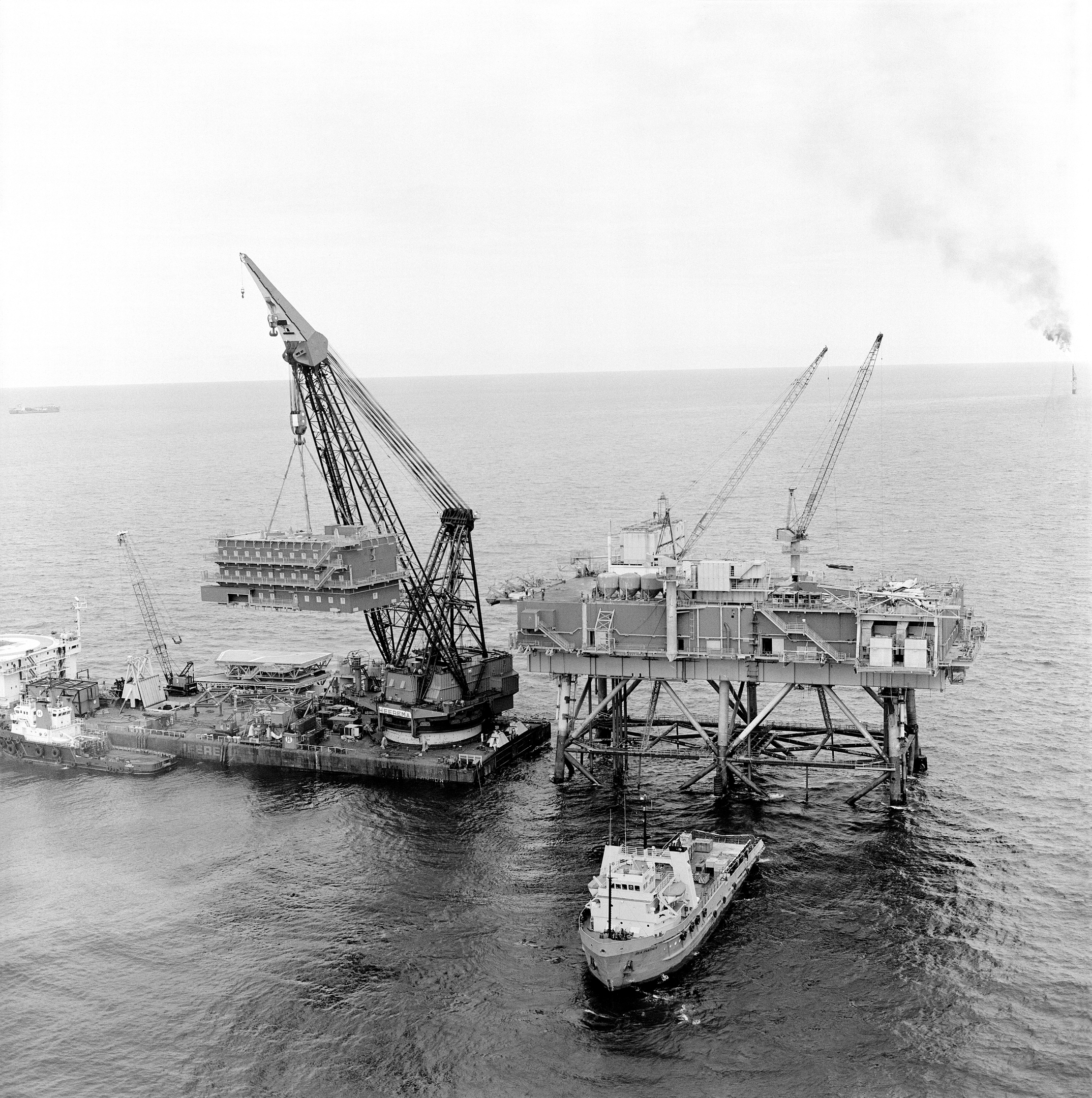
Offshore workers who initiated unofficial strikes across a host of North Sea assets on Thursday have called an end to the 24-hour action.
Workers and contractors reportedly ceased work at 1pm on Thursday, after initiating a long-mooted series of strike actions across the basin. At Friday lunchtime, organisers said workers should return to work safely.
Energy Voice understands hundreds of workers took part across more than a dozen installations, though the exact number is not known.
Stoppages by workers allegedly took place on Buzzard, Beryl Alpha, Armada, Judy, Britannia, Forties Echo, Bravo, Alpha and Delta, Gannet, Pioneer, Jade, Scott, Everest and Brae Alpha.
Other assets affected include the Erda rig and the FPF-1 and BW Catcher floating production facilities.
Contractors and asset operators were contacted for comment on Thursday on the North sea strikes.
A Wood representative said none of the company’s employees were involved in any action.
Spokespersons for Shell and Petrodec said operations were unaffected on their Gannet and Erda assets, respectively.
In particular, workers have taken issue with the current provisions of the Energy Services Agreement (ESA), a collective bargaining agreement which sets minimum pay and conditions for around 5,000 workers.
Unions said Wednesday that any unofficial action would jeopardise future pay and jobs deals, while employers warned that any striking workers may face disciplinary action.
Trade body Offshore Energies UK (OEUK), which helps administrate the ESA, said it had no further updates on Friday morning.
Alix Thom, workforce engagement & skills manager at the trade body said Thursday the organisation was aware of unofficial action taking place on some North Sea platforms by “a small number” of offshore workers.
“We would encourage those involved to follow the official channels available if they wish to raise issues. Employers and unions are working hard and constructively to address workforce concerns and ensure the North Sea remains an attractive and safe place to work,” Ms Thom said.
“Workers in all sectors across the UK are feeling the impact of the cost-of-living crisis, however industrial action does not offer a solution, and is not helpful for our sector, which is doing all it can to attract the investment essential to protect jobs and to ensure national energy security. We are certain all parties are looking to resolve matters as soon as possible.”
Recommended for you
